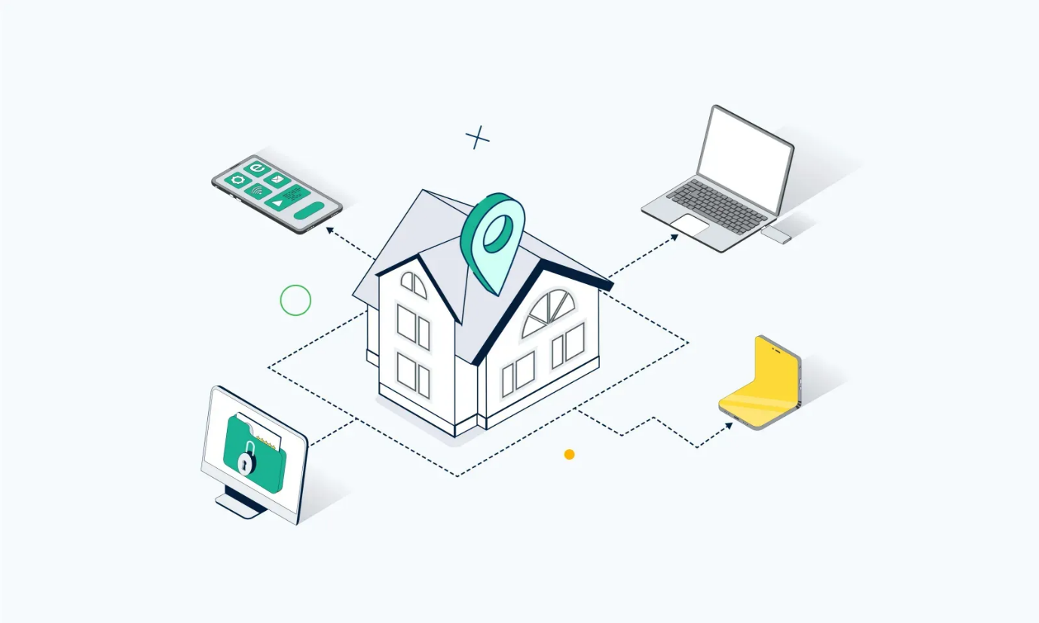
With the prosperity of the Internet, both companies and individuals are seeking innovative ways to harness the power of the Internet. One such method that is gaining popularity is residential IP address hopping. This practice allows businesses to access a wide range of data from different geolocations, while individuals can protect their online privacy by masking their true location. By utilizing a residential proxy provider, users can collect data efficiently, stay competitive, and enjoy a host of other benefits. In this article, we will be Understanding Residential IPs and explore 9 Innovative ways in which internet users can leverage residential proxy servers to their advantage.
Understanding Residential IPs
Residential IPs are unique internet protocol addresses assigned to residential internet users by their internet service providers (ISPs). These IPs are associated with real physical locations and can be used to access the internet just like any other IP address.
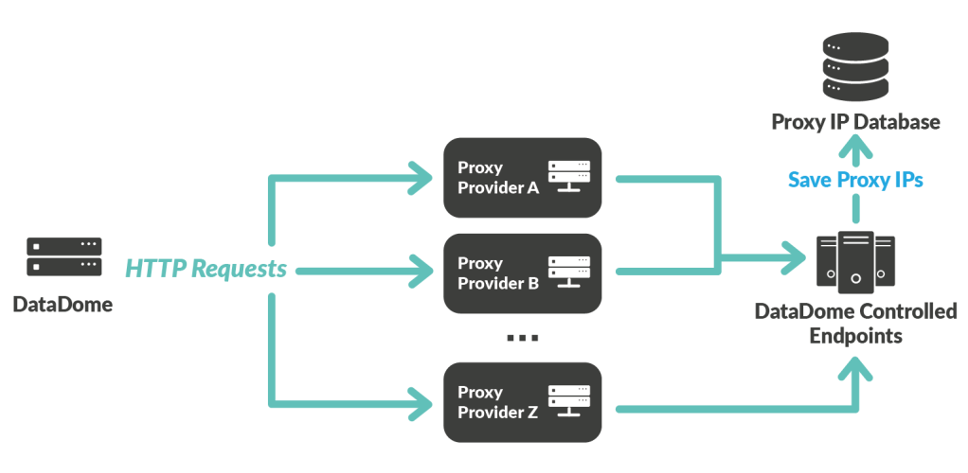
Before delving into the benefits, it is important to understand the role of proxy servers and their operational mechanisms. Proxy servers act as intermediaries between end-users and the websites they browse. In addition to forwarding web requests, they serve as firewalls, web filters, and cache data to expedite common requests. This versatile tool finds applications ranging from market research to social network management.

Now, let's explore the various ways in which both businesses and individuals can benefit from using residential proxy server
7 Innovative Ways to Use Residential IPs
1. Using Residential IPs for Web Scraping and Data Mining
Web scraping and data mining are essential for gathering information from websites on a large scale. Whether you are an e-commerce retailer looking to monitor competitor prices or a researcher gathering data for analysis, residential IPs can be a game-changer in these activities.
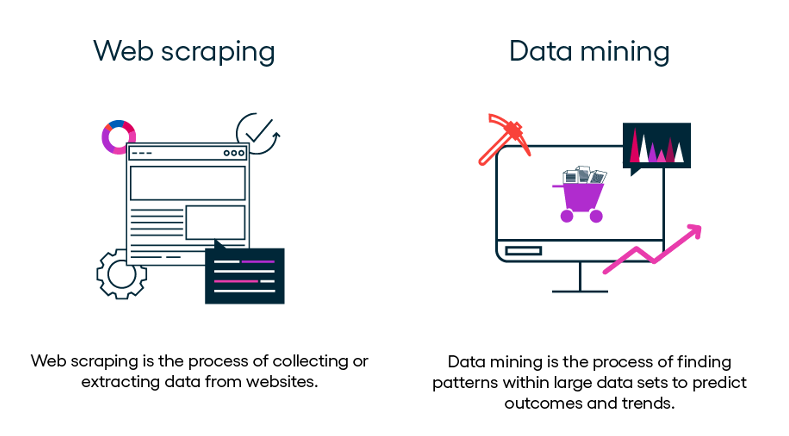
By using residential proxies, you can distribute your web scraping and data mining requests across multiple residential IP addresses. This allows you to bypass anti-scraping measures put in place by websites and avoid IP blocks. Additionally, residential IPs provide a higher level of anonymity, making it harder for websites to detect and block your scraping activities.
2. SEO and Business Intelligence
Gaining an uncensored view of the internet allows users to gather and analyze competitor-related data, such as pricing, without being blocked or misled. This unrestricted access to information can provide businesses with a competitive edge in the market.
Residential IPs can also help with local keyword research. By using residential proxies, you can perform keyword searches as if you were located in different cities, allowing you to identify keywords that are popular in specific regions. This can give you a competitive edge in targeting local markets and tailoring your content to attract local audiences.
3. Buying High-Demand Limited Edition Items
Limited-edition items, be they gadgets, designer clothing, or sneakers, have become an emerging alternative asset class. The increasing demand for these items makes successful purchases challenging. However, by utilizing residential proxies, resellers can submit purchase requests and secure these coveted items before anyone else.
4. Brand Protection
One of the key advantages of residential IPs is the ability to scan the web for copies and counterfeits of branded products. By gaining a comprehensive overview of what is offered online, brands can promptly react to intellectual property violations, protecting their customers from fraud.

5. Ad Verification
With malvertising and ad fraud on the rise, many websites are infiltrated by malicious actors, hindering the proper delivery of ads to the intended audience. By using residential proxy services, companies can verify the correct and intended placement of their ads, safeguarding their advertising investments.
6. Internet Privacy
Residential proxies offer individuals the ability to browse the internet from a different location, effectively masking their true online identity. Proxies keep online activity, personal information, IP addresses, browsing history, and other data anonymous and secure, enhancing internet privacy.
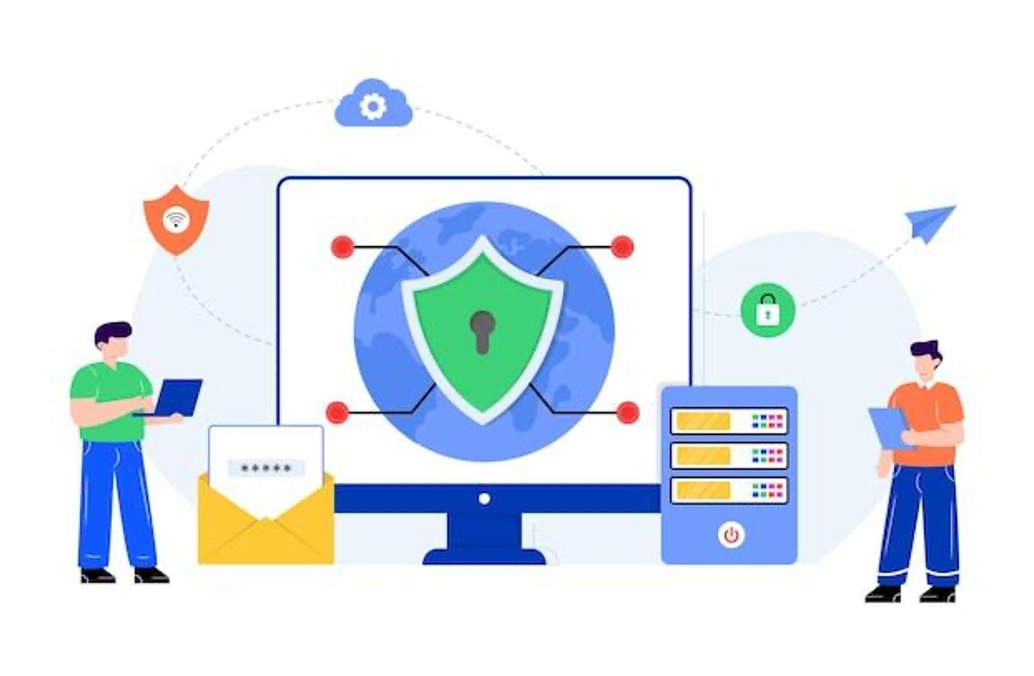
7. Social Media Management
Social media managers often create multiple accounts to promote their brand. However, platforms like Facebook and Instagram tend to ban users with multiple accounts. By employing residential proxies, social media managers can circumvent these restrictions, as these apps track users based on their IP addresses.

To take full advantage of the freedom and opportunities residential proxies offer, it is essential to choose a legitimate, secure, and trustworthy proxy service provider. Such providers offer clean proxies that have not been blacklisted, banned, or flagged for suspicious activity.
How to Acquire Residential IPs
When it comes to acquiring residential IPs, there are various types of internet connections available. Understanding these different options is essential as they can significantly impact the quality and reliability of your residential IP addresses. There are various ways to acquire residential IPs, depending on your resources and technical capabilities including RDP, broadband, DSL, and more.
1. Remote Desktop Protocol (RDP)
RDP allows you to connect to a remote computer and use its residential IP address for your internet activities. By leveraging RDP, users can connect to a remote machine and utilize its IP address. This method is particularly popular for acquiring residential IPs as it allows users to tap into the host machine's internet connection. This method is relatively simple and requires minimal technical knowledge.
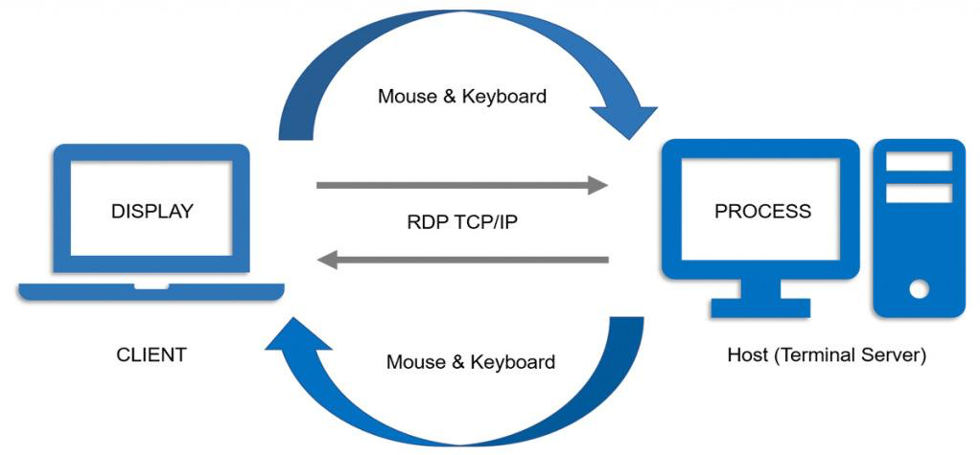
Steps to acquire residential IPs through RDP:
- Choose a reliable RDP service provider.
- Connect to the remote machine using RDP.
- Utilize the internet connection of the host machine, effectively obtaining its residential IP. Learn more about acquiring residential IPs through TryRDP.
2. Digital Subscriber Line (DSL)
Another way to acquire residential IPs is through broadband connections or DSL (Digital Subscriber Line). These connections provide residential IP addresses that can be used for browsing the web, accessing online services, and other internet activities. However, acquiring residential IPs through these methods may require additional setup and configuration, depending on your specific network setup.
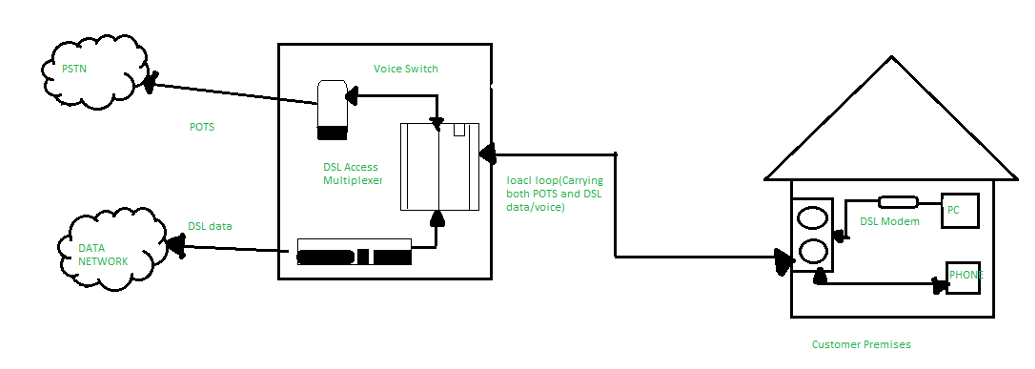
Steps to acquire residential IPs through DSL:
- Subscribe to a DSL service from a reputable provider.
- Install the necessary DSL equipment at your location.
- Connect to the internet and obtain the residential IP assigned by the DSL service.
3. Broadband Connections
Broadband connections, including cable and fibre-optic internet, are widely used for residential internet access. Acquiring a residential IP through a broadband connection involves setting up a personal connection or partnering with a broadband service provider.
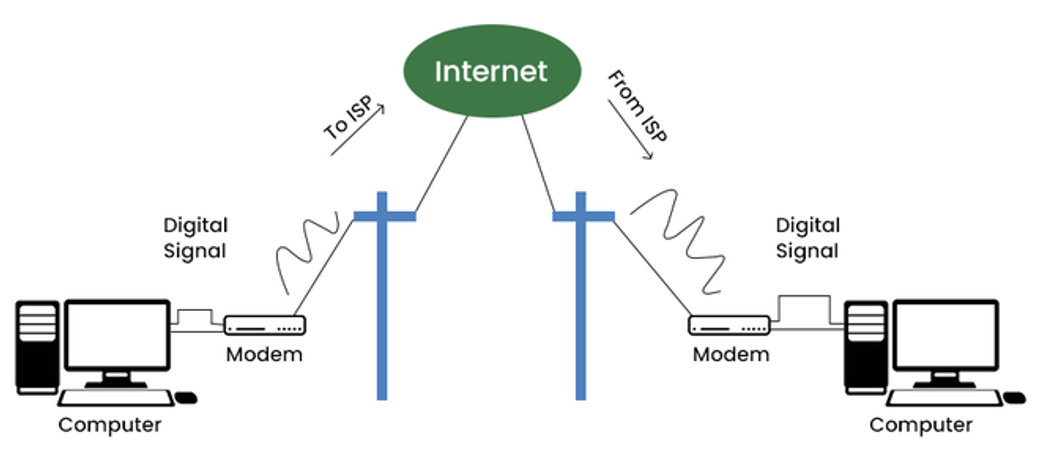
Steps to acquire residential IPs through broadband connections:
- Subscribe to a residential broadband service.
- Connect your device to the broadband network.
- Obtain the residential IP assigned by the broadband service provider.
4. Mobile Data Connections
With the widespread use of smartphones and mobile devices, acquiring a residential IP through mobile data connections has become increasingly common.
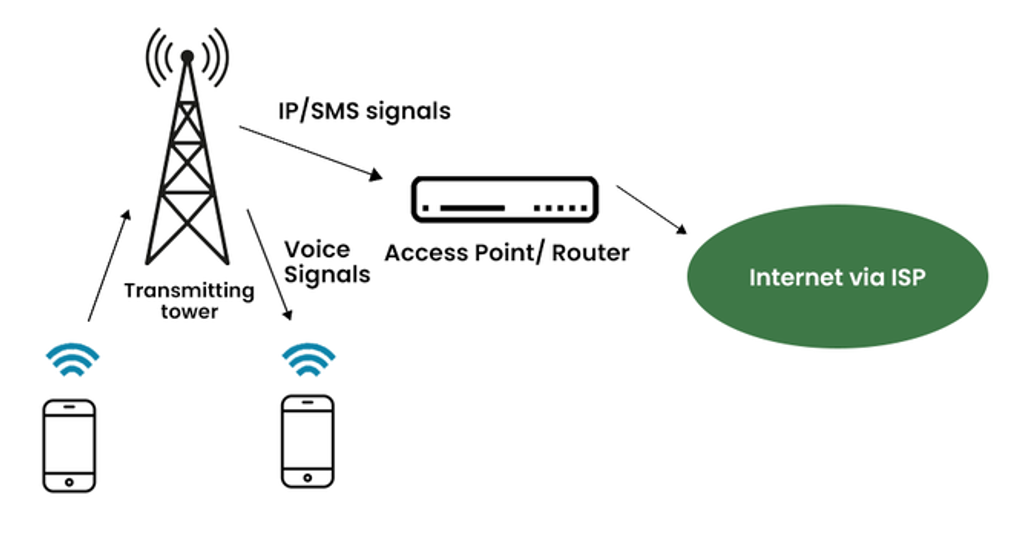
Steps to acquire residential IPs through mobile data connections:
- Use a mobile hotspot or tether your device to a smartphone.
- Connect your device to the internet via mobile data.
- Obtain the residential IP assigned by the mobile carrier.
5. VPNs and Proxy Services
Virtual Private Networks (VPNs) and proxy services offer an additional avenue for acquiring residential IPs. These services route your internet traffic through their servers, allowing you to adopt the IP address of the server location.
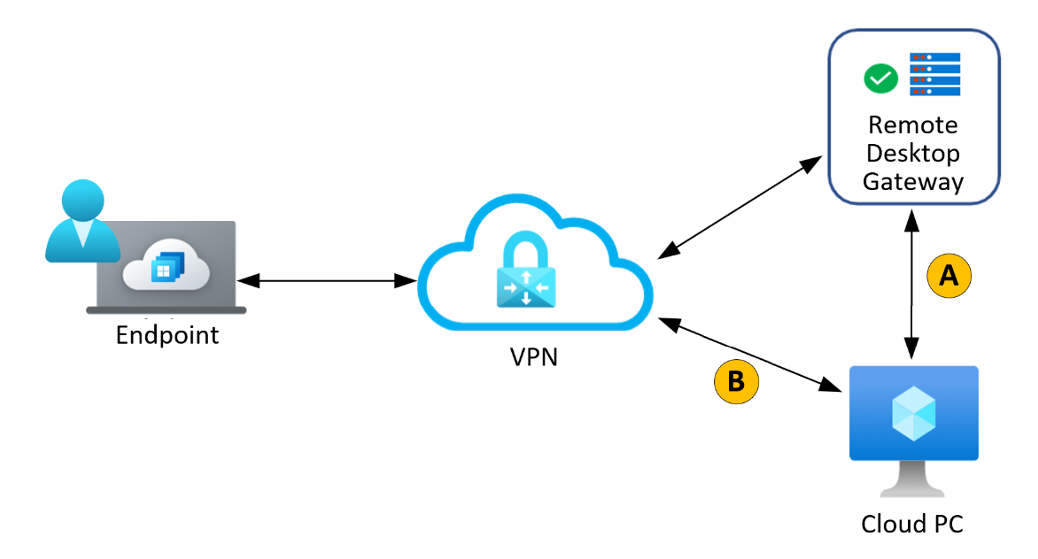
Steps to acquire residential IPs through VPNs and proxy services:
- Choose a reputable VPN or proxy service provider.
- Connect to a server location of your choice.
- Obtain the residential IP associated with the selected server.
Lastly, you can also consider partnering with residential IP providers. These providers specialize in offering residential IPs and proxy services. They have established networks of residential IPs from various locations, allowing you to choose IPs that suit your needs. This option is convenient for those who require residential IPs for specific locations or do not have the resources to set up their network.
Conclusion
Residential IPs offer a very wide range of innovative applications. From web scraping and data mining to SEO and social media management, the potential uses of residential IPs are vast. Whether you choose to rent residential IPs from a service provider or set up your residential proxy network, the key is to select the right option that aligns with your specific needs and resources. By leveraging the right residential IPs, users can stay competitive, save money, and protect their online presence. Choose a reliable proxy provider and unlock the full potential of the internet.
 FAQs
FAQs
A residential IP is an internet protocol address assigned to a residential internet user by their internet service provider (ISP). It is associated with a physical location and can be used to access the internet just like any other IP address.
Residential IPs are assigned to real residential users by ISPs, while datacenter IPs are obtained from datacenters and are not associated with physical addresses. Residential IPs provide a higher level of anonymity and are less likely to be blocked or detected by websites compared to datacenter IPs.
Yes, using residential IPs from different locations can simulate organic traffic from those areas, signaling to search engines that your website is relevant to users in those regions. This can improve your website's visibility and search engine rankings in specific geographic locations.
Renting residential IPs offers convenience and simplicity, as service providers specialize in managing residential proxy networks. On the other hand, setting up your residential proxy network provides more control and flexibility but requires more technical knowledge and resources.
Residential IPs can be acquired through methods like Remote Desktop Protocol (RDP), broadband connections, DSL, and partnering with residential IP providers. The method you choose depends on your resources and technical capabilities.
Share this post
Leave a comment
All comments are moderated. Spammy and bot submitted comments are deleted. Please submit the comments that are helpful to others, and we'll approve your comments. A comment that includes outbound link will only be approved if the content is relevant to the topic, and has some value to our readers.







Comments (0)
No comment